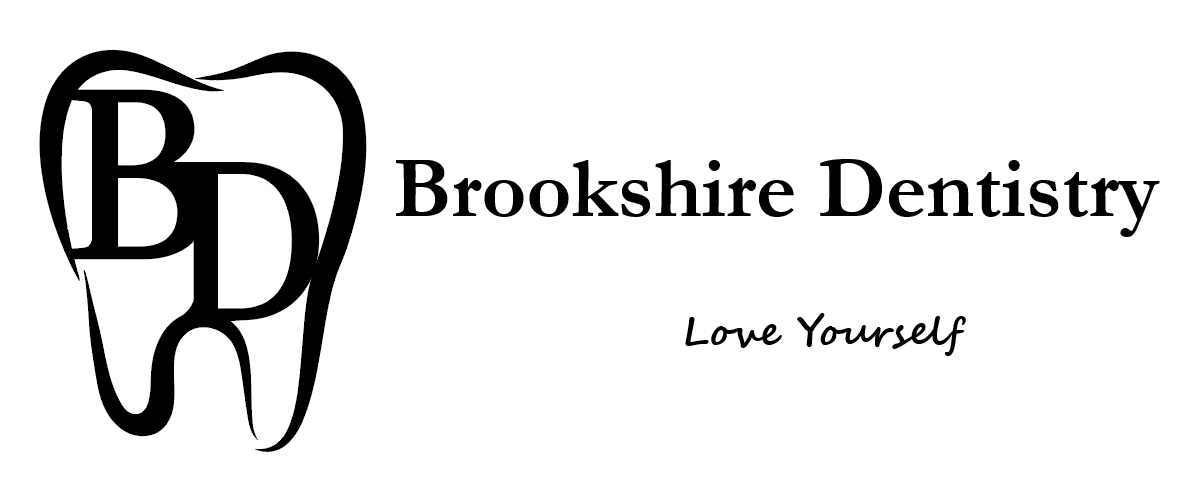Wisdom Teeth Extraction
Wisdom teeth, also known as third molars, are the last set of molars located at the back of your mouth. They typically emerge between the ages of 17 and 25, a period often associated with "growing pains" and the transition into adulthood. For many people, wisdom teeth can cause a variety of dental issues, leading to the need for extraction. At Brookshire Dentistry, located at 1801 Precinct Line Rd., Suite A, Hurst, TX, Dr. Salomeh Tehrani, DDS, MPH, and our dedicated team are committed to providing compassionate, comprehensive care for wisdom teeth extraction. This article will guide you through everything you need to know about wisdom teeth extraction, including why it may be necessary, what the procedure entails, and how to prepare for and recover from the surgery.
Why Wisdom Teeth Extraction May Be Necessary
Wisdom teeth extraction is often recommended when these third molars cause or are likely to cause problems. Some common reasons for extraction include:
Impaction
Wisdom teeth may become impacted, meaning they do not fully emerge through the gums. This can occur if there is not enough space in the jaw, leading to partial or complete impaction. Impacted wisdom teeth can cause pain, infection, and damage to adjacent teeth.
Crowding
As wisdom teeth emerge, they may push against neighboring teeth, causing crowding and misalignment. This can undo previous orthodontic work and disrupt the alignment of your bite.
Infection or Decay
Partially erupted wisdom teeth can create pockets where bacteria can accumulate, leading to infections, gum disease, or decay. This can be difficult to clean properly and may cause pain and swelling.
Cysts or Tumors
In some cases, wisdom teeth can develop cysts or tumors around them, which can damage the surrounding bone and teeth. Extraction may be necessary to prevent further complications.
Pain and Discomfort
Wisdom teeth can cause significant pain and discomfort if they are coming in at an angle or are causing pressure on other teeth. Extraction can alleviate this pain and prevent further issues.
The Wisdom Teeth Extraction Procedure
Wisdom teeth extraction is a common surgical procedure performed by oral surgeons or dentists. The procedure involves several steps:
Initial Evaluation
Before the extraction, Dr. Tehrani will conduct a thorough examination of your mouth, including X-rays, to assess the position and condition of your wisdom teeth. This will help determine the best approach for the extraction and identify any potential complications.
Anesthesia
Wisdom teeth extraction is typically performed under local anesthesia, which numbs the area around the teeth. For more complex cases or if you are anxious about the procedure, sedation options such as nitrous oxide (laughing gas) or intravenous (IV) sedation may be recommended.
Extraction
During the procedure, Dr. Tehrani will make an incision in the gum tissue to access the wisdom teeth. If the teeth are impacted or not fully erupted, they may be broken into smaller pieces to facilitate their removal. The extraction site is then cleaned, and stitches may be placed if necessary.
Post-Extraction Care
After the extraction, Dr. Tehrani will provide you with detailed aftercare instructions to ensure proper healing and minimize discomfort. This may include guidelines for managing pain, swelling, and bleeding, as well as recommendations for diet and oral hygiene.
Recovery and Aftercare
The recovery period following wisdom teeth extraction is crucial for ensuring proper healing and minimizing complications. Here’s what you can expect and how to care for yourself during recovery:
Managing Pain and Swelling
Pain: You may experience pain and discomfort following the procedure. Over-the-counter pain relievers, such as ibuprofen or acetaminophen, can help manage this discomfort. Dr. Tehrani may also prescribe medication if needed.
Swelling: Swelling is common after extraction. Applying ice packs to your face in 15-minute intervals can help reduce swelling and discomfort.
Controlling Bleeding
Bleeding: Some bleeding is normal after the extraction. Bite gently on gauze pads placed over the extraction site to control bleeding. Change the gauze as needed, and avoid spitting or using straws, as these actions can dislodge blood clots and impede healing.
Dietary Recommendations
Soft Foods: Stick to soft foods and beverages for the first few days following the extraction. Avoid hot, spicy, or crunchy foods that can irritate the extraction site.
Hydration: Stay hydrated by drinking plenty of fluids. Avoid alcoholic and caffeinated beverages, as they can interfere with the healing process.
Oral Hygiene
Brushing: Continue to brush your teeth, but be gentle around the extraction site. Avoid brushing directly over the area until it has healed.
Rinsing: After the first 24 hours, rinse your mouth gently with a saltwater solution (1/2 teaspoon of salt in 8 ounces of warm water) to help keep the area clean and promote healing.
Follow-Up Appointments
Check-Ups: Attend any scheduled follow-up appointments with Dr. Tehrani to monitor your healing progress and address any concerns. This allows Dr. Tehrani to ensure that your recovery is on track and to provide additional care if needed.
Conclusion
Wisdom teeth extraction is a common and often necessary procedure to address issues related to impacted, decayed, or problematic third molars. At Brookshire Dentistry, Dr. Salomeh Tehrani, DDS, MPH, and our skilled team are here to guide you through every step of the process, from evaluation to recovery.
If you have questions about wisdom teeth extraction or would like to schedule a consultation, please contact our office at (817) 577-9200. We are committed to providing compassionate, high-quality care to ensure a smooth and successful extraction experience, helping you maintain a healthy, comfortable smile.
Office Hours
MON8:00 am - 5:00 pm
TUE8:00 am - 5:00 pm
WED8:00 am - 5:00 pm
THU8:00 am - 5:00 pm
FRI8:00 am - 4:00 pm
SATClosed
SUNClosed



